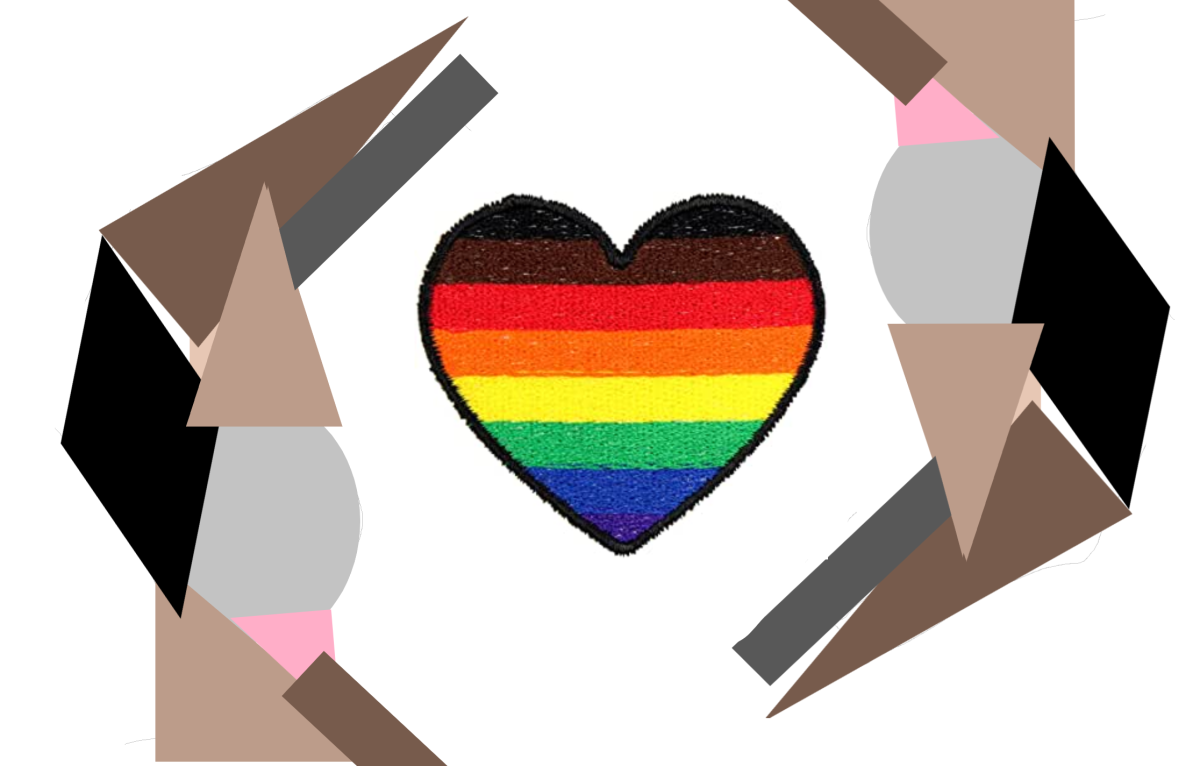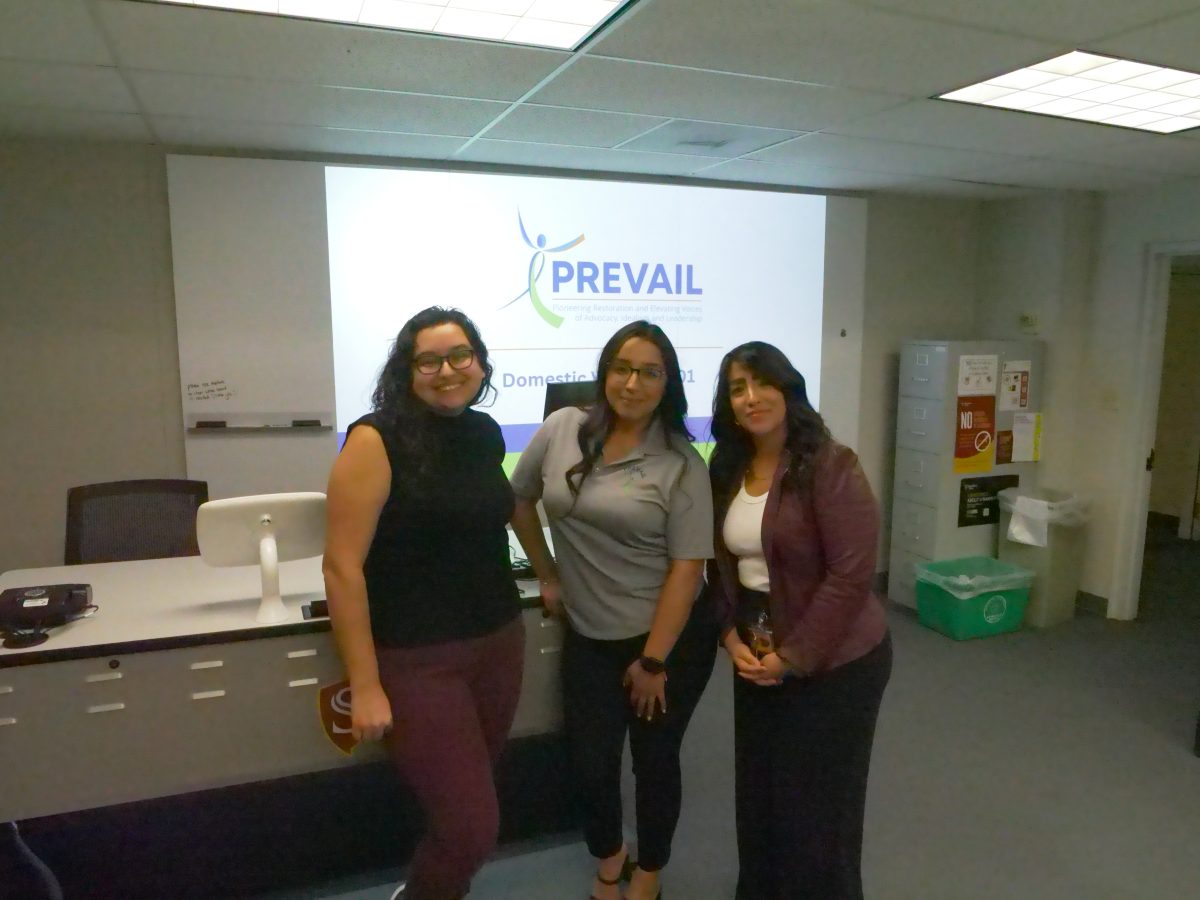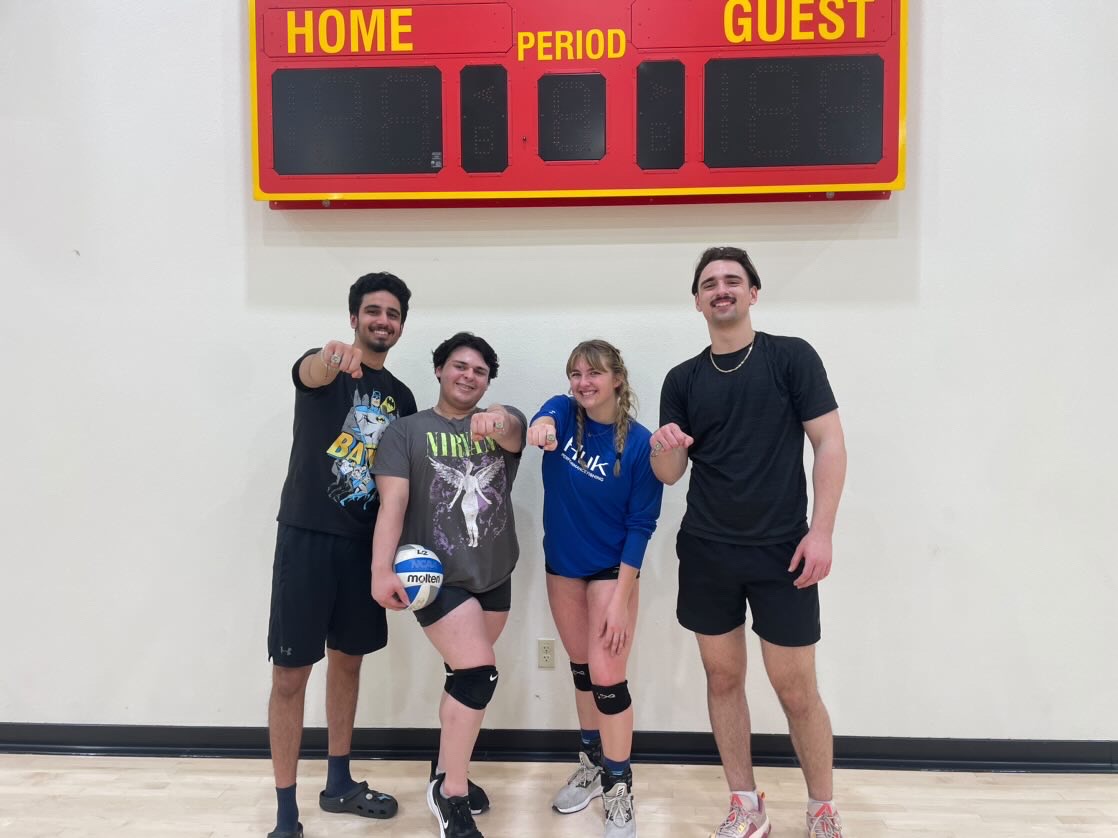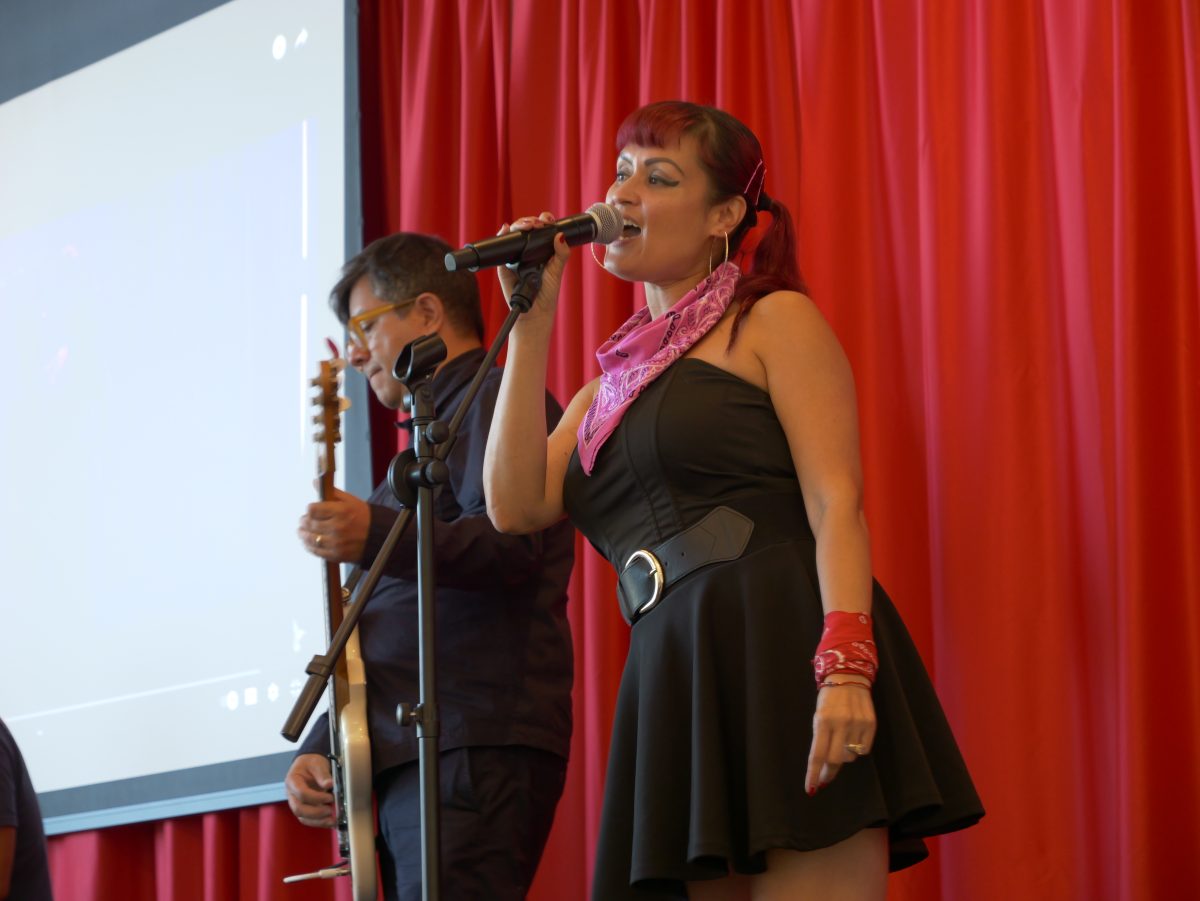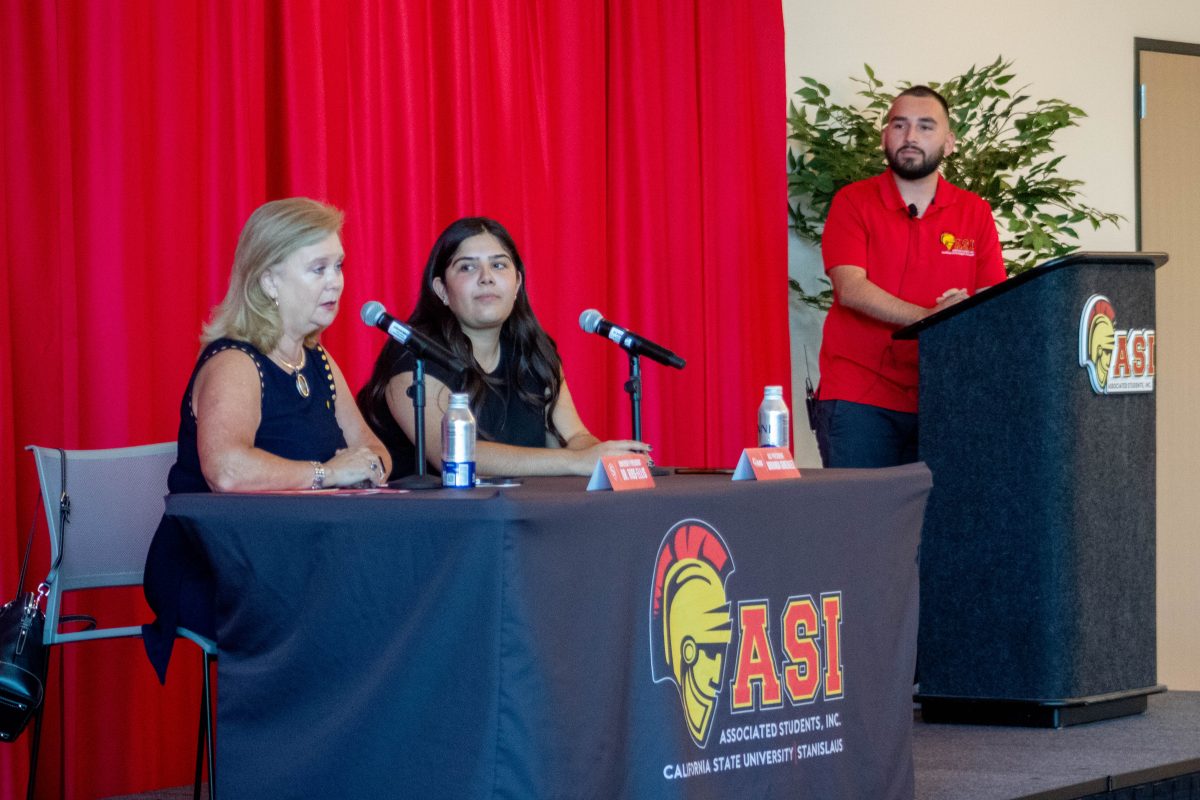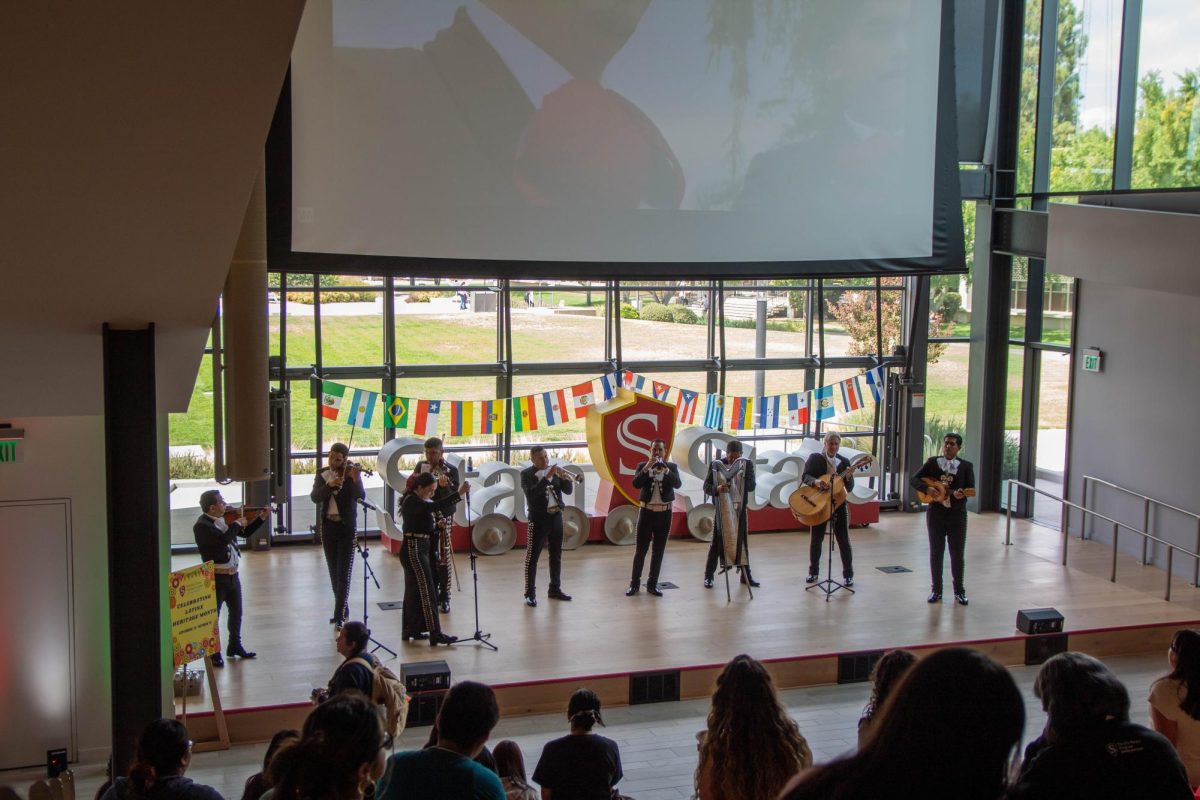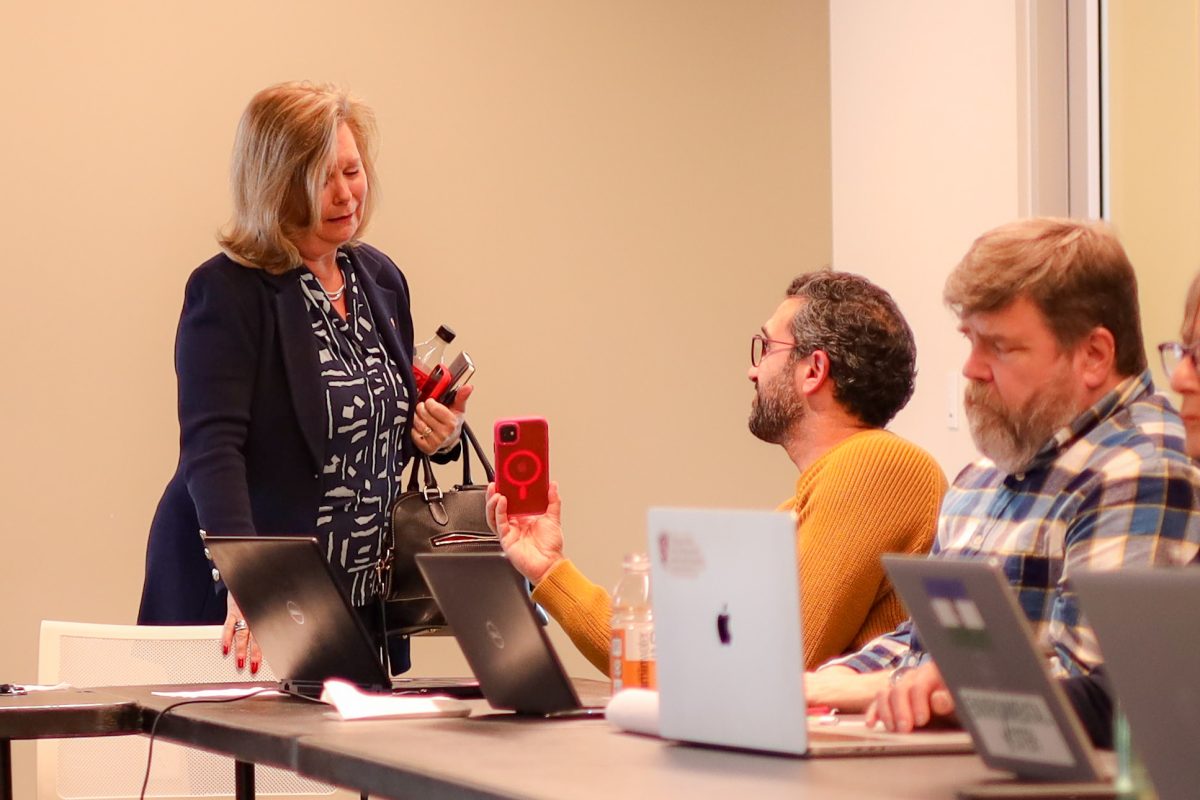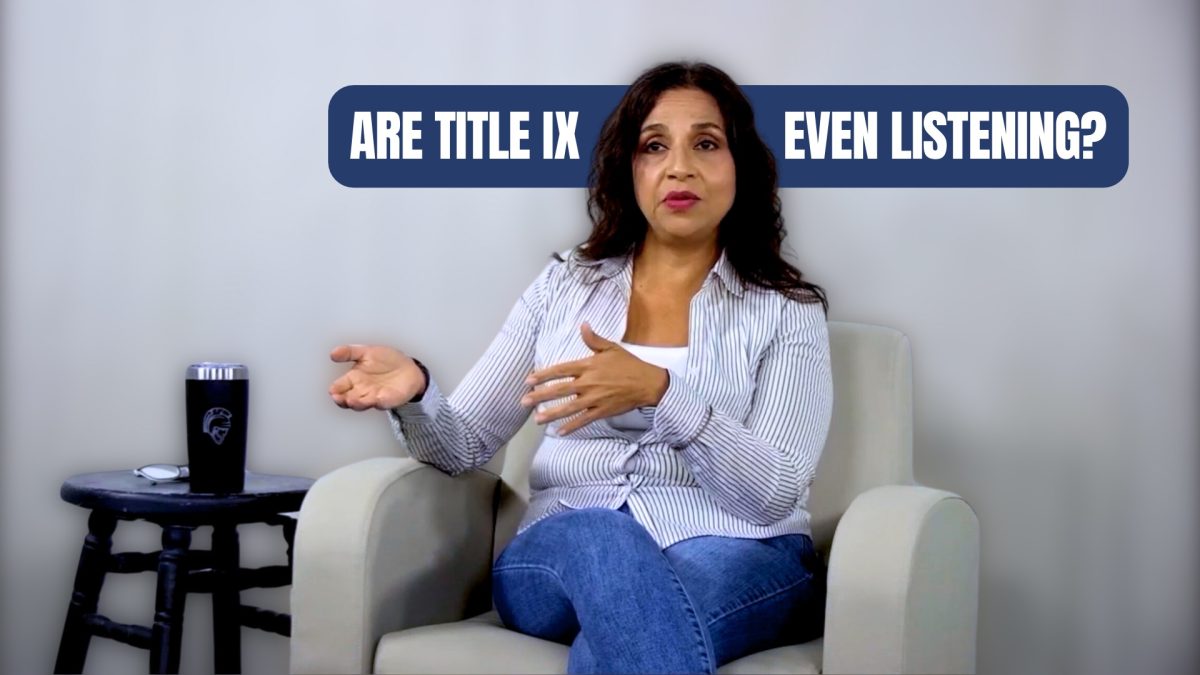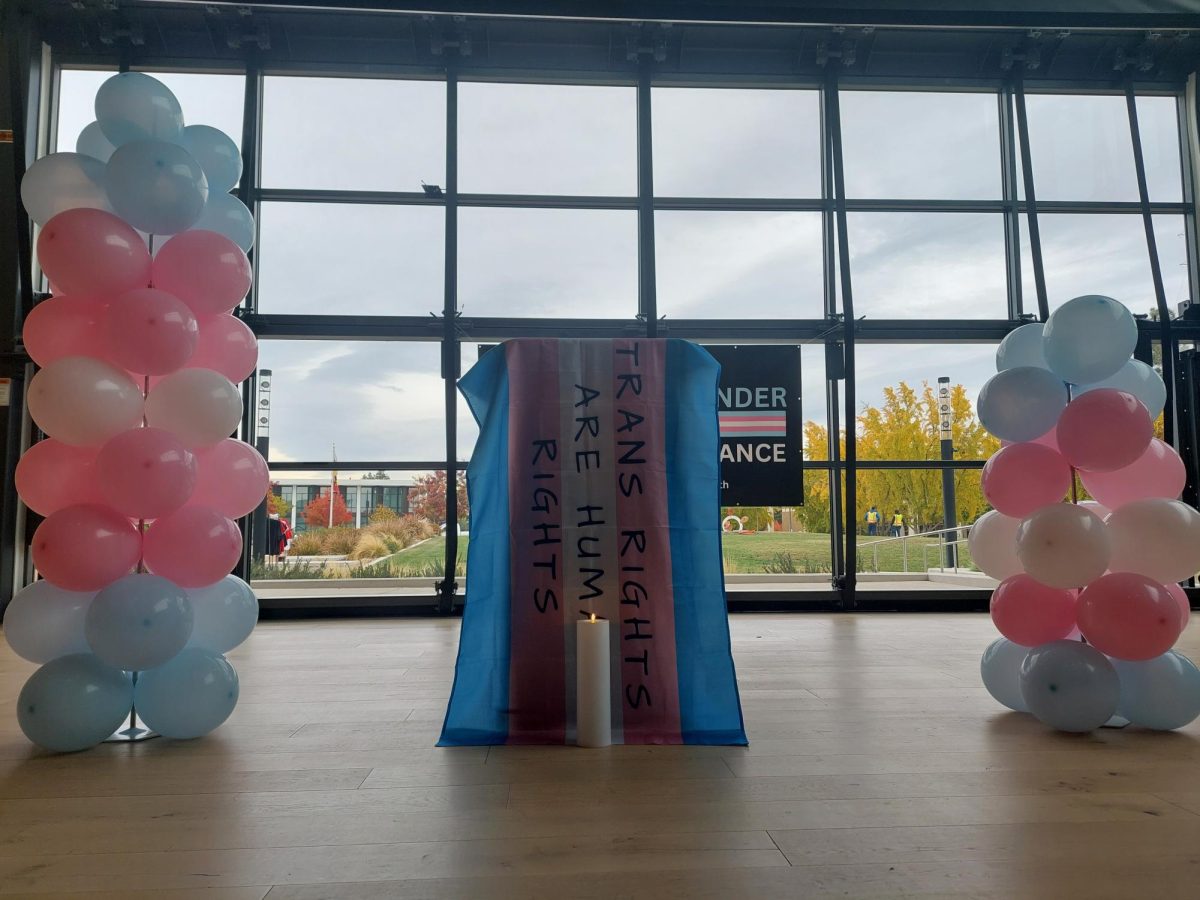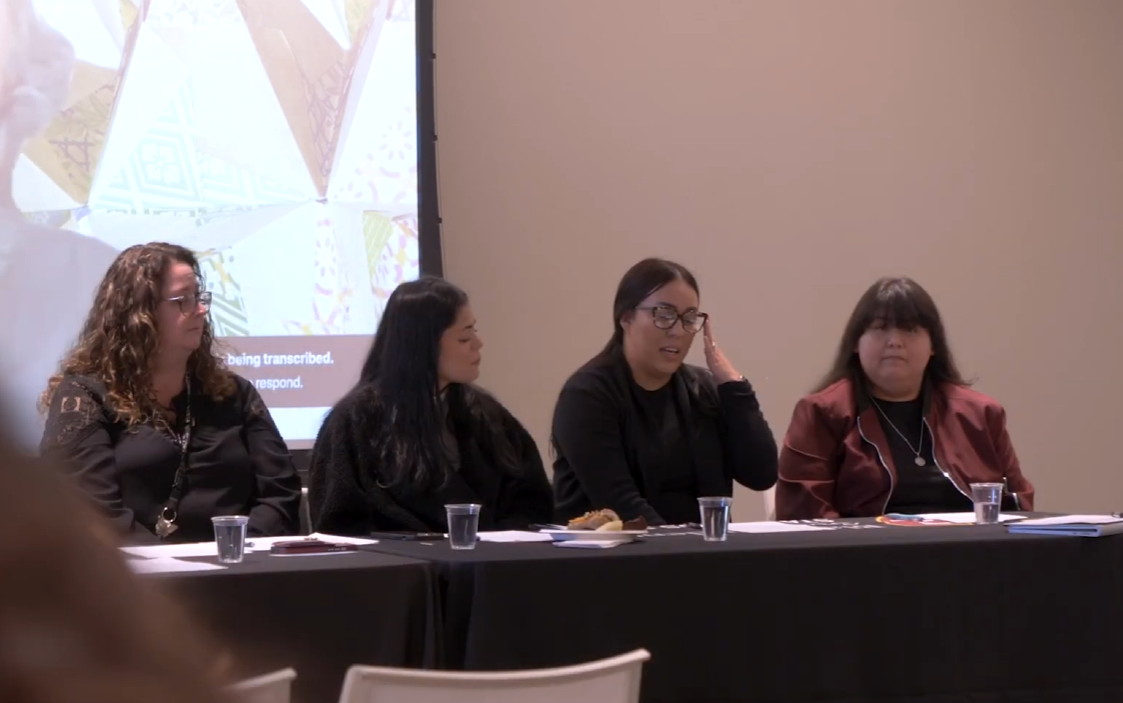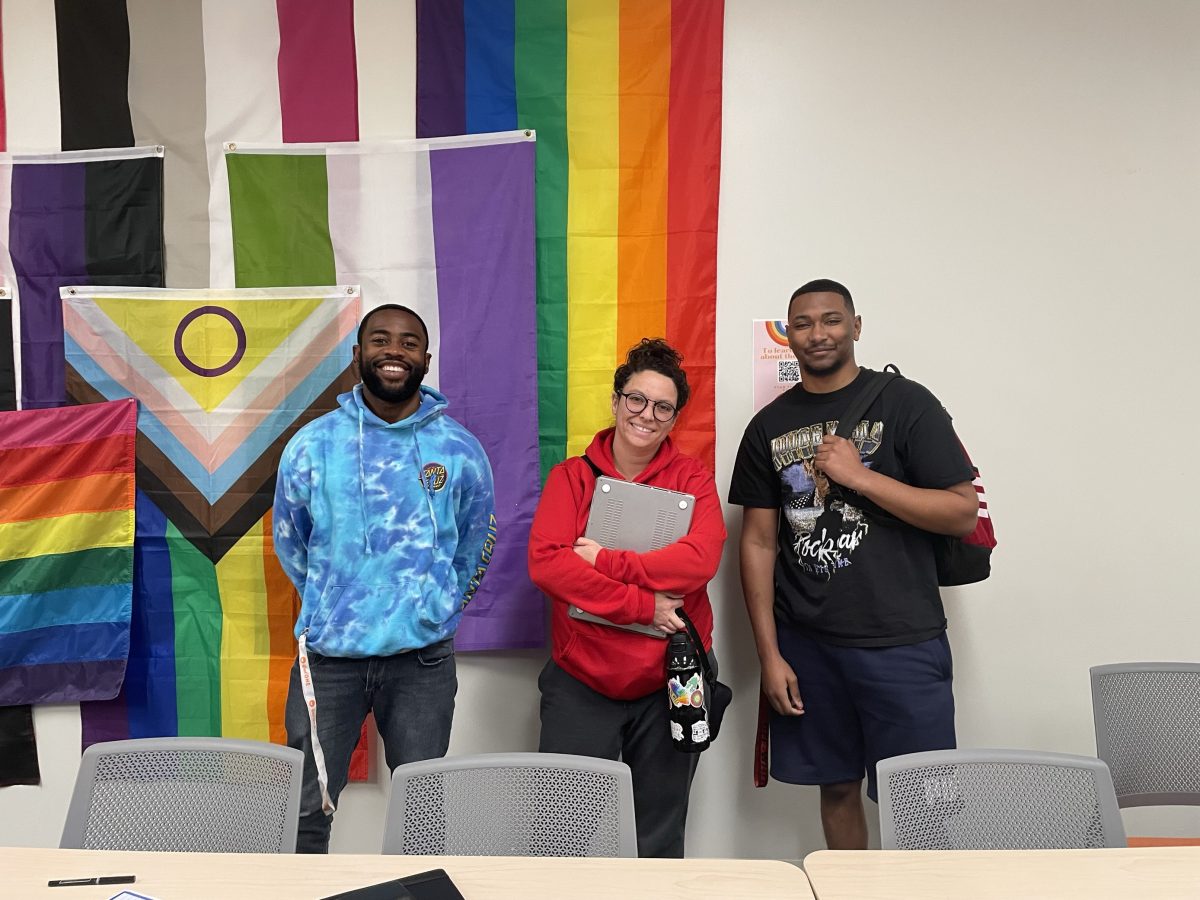On Thursday afternoon, the Warrior Cross Cultural Center and the Ethnic Studies Department hosted the “Critical LGBT+ Perspectives in Latin America and the Caribbean” workshop. This workshop focused on LGBT+ perspectives in Latin America and the Caribbean by featuring speakers who discussed their experiences, art, and activism.
The attendees consisted of many LGBT+ activists like Laura Victoria Martes, a trans artist-activist from Mexico City, Edgar Soliz Guzman, an activist from Bolivia, Yolanda Arroyo Pizarro, an Afro identity and sexual diversity activist, as well as Ethnic Studies professor Dr. Bañales, students, and members of the community.
Dr. Bañales started off by initiating the concept of LGBT+ alliance and included background on the topic. He shared that the ongoing Eurocentric perspective raised the persistence of artists to fight the marginalized perspective of LGBT+. This eventually led to the Gay Latino Alliance in the 70s, one of the first gay Latino organizations to exist in the United States. He also acknowledged that times have changed to where there is more consciousness today. Now the LGBT+ flag includes the colors black and brown.
The first speaker was Laura Victoria Martes, a trans activist who participated in many art exhibitions and hosted her own radio program, ‘Transfuga’, which addressed several topics including human development, sexuality, social politics, and human rights. She showcased her art pieces and explained her love for nature and meaning. She also shared her experience as a transgender woman and the struggles she has had to face as a transgender person in Mexico.
“My family didn’t accept me and I was forced to face all the lost privileges I had as a man. I felt how all [my] doors closed because of me being transgender. I was rejected socially. I lost my friends. My family got repulsed by me and wouldn’t talk to me.”
She also shared that in Mexico there is a strong religious influence, where most churches have a very strong message of exclusion and hate towards the LGBT+ community.
“There is also the common misconception that transgender women either work in prostitution or beauty salons,” added Martes.
Even though she faced many hardships, she explains that this is what many in the LGBT+ community have to face. She also shared her love for her radio program and how transformative it was.
“With my radio station I started fighting the situation, and at the end of 2014 we were able to fix the process [to] where we can change our name and identity easier,” explained Martes.
Unfortunately, she was never paid for this, and it came to a point where she had to cancel her program and return to her career. Yet she didn’t stop there. She continues to partake in activist roles, showcasing her art as meaningful pieces and advocating for transgender folks in the Latinx community.
The second speaker was Edgar Soliz Guzman, who shared his work and the movements he partook in, as well as the radio program he hosted for around four years, called ‘Soy Marica Que’ (I’m Gay And What), where topics about identity and the hardships of being part of the LGBT+ community in Bolivia were discussed.
The following are several movements he partook in Bolivia, ‘La Piel Que Habita’, ‘Sanatizido’, ‘Nacion Marica’, ‘Desandar la Ciudad’, ‘Sonquollay/Corazon’, and many others.
In every movement their goal was to pinpoint certain issues that have to be fixed. For instance, in the ‘Sanatizado” movement, they burned the LGBT+ flag with words painted on it that read misogynist, racism, homophobic, and many typical stereotypes. He shared that it was misinterpreted, but their intent was to showcase that those words do not define them nor should partake in today’s society. As well as in the ‘Desandar la Ciudad’ movement they wore aguayes, traditional clothing, to showcase their pride because in Bolivia only women wear aguayes.
The last speaker was Yolanda Arroyo Pizarro, a Puerto Rican Writer, an Afro Boricua, an AfroQueer and a Poly Advocate. She gave us a background of meaningful people and artists who helped make the LGBT+ world be known in mainstream society. She shares that just like in Bolivia, Puerto Rico doesn’t want to think beyond the religious perspective.
“My country loves white supremacy, [racism], Eurocentric [standards] and disregards their indigenous roots, disregards their black roots,” said Pizarro.
She gave an informative presentation about politicians and celebrities who have opened up or talked about the importance of the the LGBT+ community. For instance there is President Biden who has spoken about it and showed support. She also mentioned Richie Torres, an openly gay Black politician, who shows support. Pedro Julio Serrano, another politician she mentioned, has partaken in the movement to get rid of the conversion therapies in Puerto Rico.
Towards the end, this workshop was not only informative, but also motivating. The LGBT+ community faces many struggles, and intolerance still exists, but activists like those who spoke in the workshop fight every day to fix the present issue of intolerance and to get rid of the prejudice against those in the LGBT+ community.

